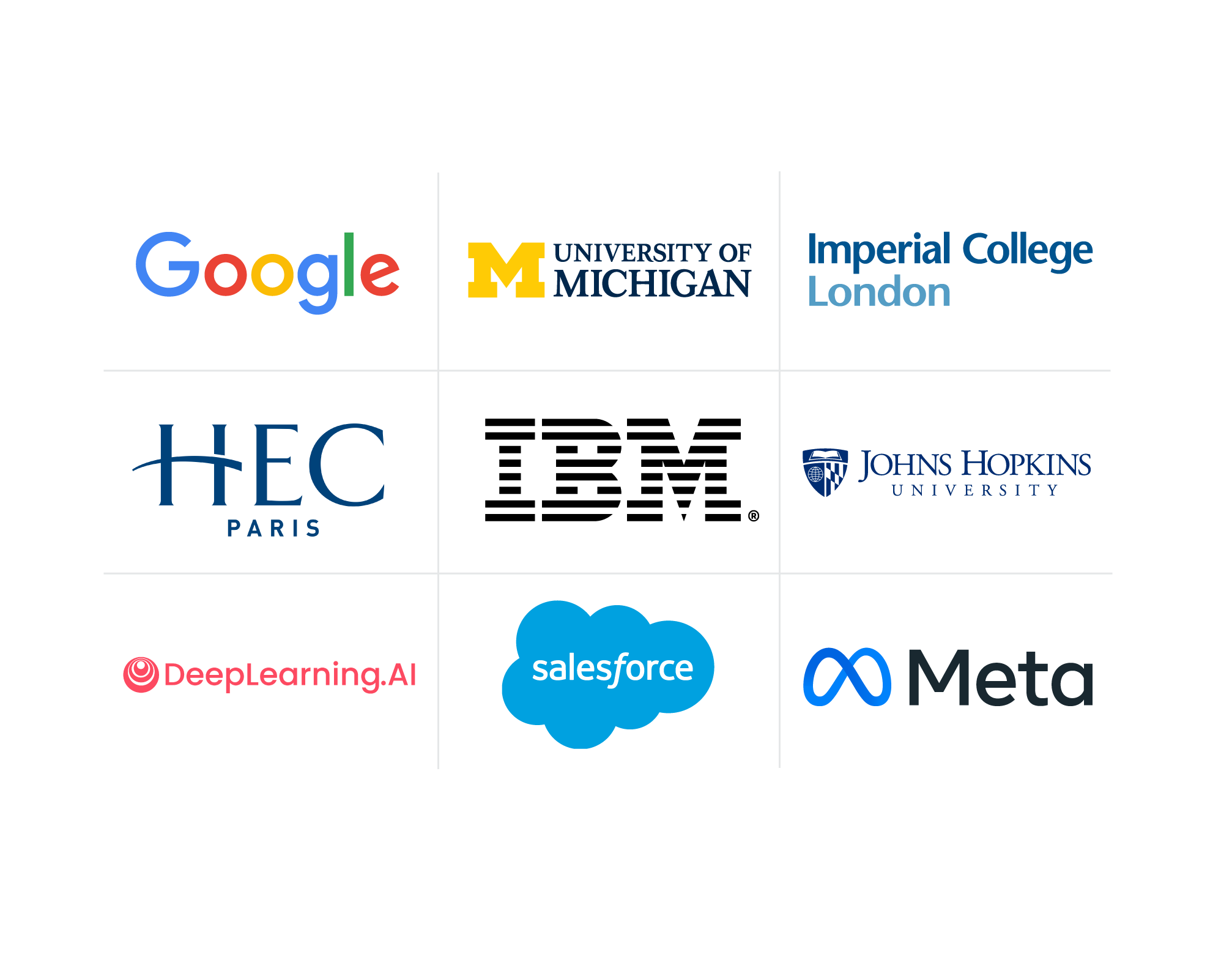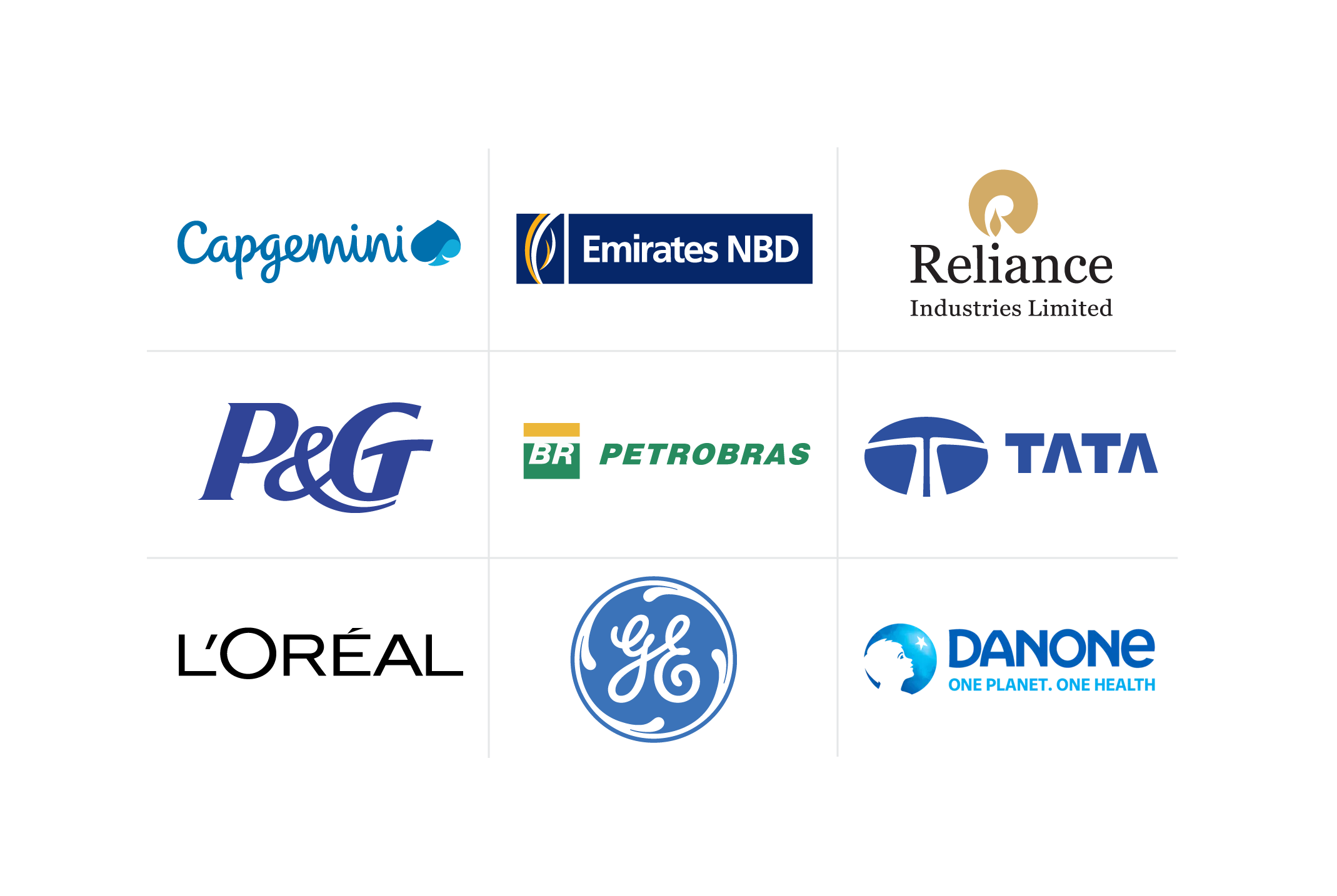What Is Career Development? And Why It Matters for Your Business
Career development helps people discover their strengths and supports individuals as they progress in their careers. Learn how you can use this to benefit your business and employees.
![[Featured image] Coworkers discussed a plan on a laptop while a team works behind them](https://d3njjcbhbojbot.cloudfront.net/api/utilities/v1/imageproxy/https://images.ctfassets.net/2pudprfttvy6/6tHmVhmVACqMVbGLNziwMT/212cfe7a53c6179f7666c7383bccc2f5/iStock-1177232758.jpg?w=1500&h=680&q=60&fit=fill&f=faces&fm=jpg&fl=progressive&auto=format%2Ccompress&dpr=1&w=1000)
As an employer, investing in your employee’s career development is an excellent way of retaining staff, increasing motivation, and accelerating leaders.
Whether employees are just starting their careers, mid-level, or at the top of the ladder, career development is important to help them learn new skills and progress within their roles. It can also help to build a strong, committed, skilled workforce.
Read on to learn about career development, how it can benefit your organization, and ways to get started.
What is career development?
Career development refers to the processes organizations implement to support employees and encourage their career progression. Careers are rarely static. Skills, circumstances, desires, and motivations change over time and impact what people want out of their professional lives. Employees may start their job excited to learn about a new role and responsibilities, and over time, motivations change, and they start to look at what they can do to move onto a more senior position.
As an employer, you can facilitate this process to ensure you retain ambitious staff who want to learn and progress to more senior roles, motivate your team by allowing them to learn new skills, and keep your business competitive. Career development initiatives could support people strategically by working on goals and offering in-house training, mentoring, coaching, and accelerator programs.

What are the types of career development?
Career development takes many forms. It can be something employees do personally or something that you support your employees to do. Upskilling staff and keeping them motivated to develop is in your best interest.
Types of career development opportunities that you may consider include:
Appraisals and reviews
Mentoring programs
Shadowing
Coaching
In-house training
Training grants or bursaries
Networking
Workshops and conferences
Tuition reimbursement for degree programs
What is career development used for?
Organizations can use career development to support employees, help them discover what they want from their careers, and guide them through defined goals to achieve success. It may involve one or more approaches, such as:
Obtaining certifications
Gaining a degree or other credentials
Progressing to a more senior role
Reaching leadership positions
Learning new skills
Expanding professional networks
Keeping up to date with trends
Developing a career plan
Which industries should offer career development opportunities?
Career development is something to consider, no matter your industry. Some industries require continuing education, which can be a form of professional development. In these cases, you’ll see logical steps to be taken, such as an accountant achieving a CPA certification to move to more senior roles or up levels within the medical profession.
Aside from these, career development is common in all industries, with employers recognizing the benefits of helping staff to grow professionally. Nurturing talent, developing employees internally, and taking an interest in your staff’s goals and motivations benefits all industries.
What are the pros and cons of offering career development?
The benefits of career development for employees are clear. Setting goals to grow in your career can help you reach more senior positions, learn new skills, plan for the future, earn more money, and enjoy your job.
Career development also benefits employers in many ways. Let’s look at these in more detail while also considering any cons.
Pros of career development for an employer
Retaining staff: Investing in employees, inspiring them to achieve, and allowing them to feel supported improves motivation, job satisfaction, and productivity. In turn, this leads to a lower turnover of staff as they are happy and are less likely to look to move elsewhere. Your business saves the time, money, and resources you would otherwise spend on recruiting and training new employees.
Leading on industry trends and innovation: Supporting staff to be even better at their jobs and to be on top of industry trends and developments can only be positive for you as their employer. The better your workforce performs, the more knowledgeable and competitive you become as a company.
Attracting top talent: Most employees want career development opportunities, and the top talent will seek it out as part of their role. According to a recent survey, 63 percent of employees who left their jobs in 2021 did so because of a lack of career advancement opportunities [1].
Developing leaders: Getting to know your employees, nurturing their talent, and shaping them as leaders from the inside means you grow talent that understands your company and remains committed.
Read more: 8 Tips for Developing Your Leadership Skills
Cons of career development for an employer
Upfront cost: Training and reskilling employees can be expensive, especially if hiring external trainers. Some smaller companies may need help with these upfront fees, even if the overall benefits are apparent.
Reduced time on the job: While taking a course, workshop, or development program, employees might be out of the workplace, meaning there’s a temporary dip in productivity. It may be especially problematic for a long course or program.
Employee may leave: It is possible that staff may choose to work for a different company after you have spent money on their training. However, providing opportunities for advancement by supporting their career development is a critical factor in retaining staff.
How to get started with career development
If you’re considering enhancing career development opportunities for your organization's staff, consider the following options and adapt them to your budget, staff needs, and industry.
Offer a career development plan.
Work with employees to understand their ambitions, strengths, and weaknesses and put a plan in place for their career development. It will be unique to each individual. Meet with them regularly to monitor their progress and see how you can continue to support them.
Offer a mentoring program.
Mentoring is a fantastic, cost-effective way of allowing employees to learn from each other. Mentoring programs work by pairing new employees with more seasoned staff members who are above them on the career trajectory they wish to take. They can offer advice, support, and shadowing opportunities.
Offer in-house training.
In-house training is a cost-effective way to nurture employee talents and prepare them for career progression. It allows your team to identify training needs and utilize the expertise of existing staff members rather than paying for external services.
Use a rewards system.
To encourage and motivate employees, operate a rewards system to recognize and celebrate staff contributions and achievements.
Support external training.
You may pay for an external course provider to come into your organization, offer to pay for individual training programs, or reimburse training costs for degrees or certifications. How you do this is unique to your organization, budget, and staff development needs.
Get started with Coursera
Are you an employer looking for ways to support your team with their career development? An excellent start is to learn more about the subject. For example, Leading Teams: Developing as a Leader from the University of Illinois might interest you, or you could consider a course on Talent Acquisition—two of many options on Coursera.
Article sources
Pew Research Center. “Majority of workers who quit a job in 2021 cite low pay, no opportunities for advancement, feeling disrespected” Accessed September 27, 2023.
This content has been made available for informational purposes only. Learners are advised to conduct additional research to ensure that courses and other credentials pursued meet their personal, professional, and financial goals.


